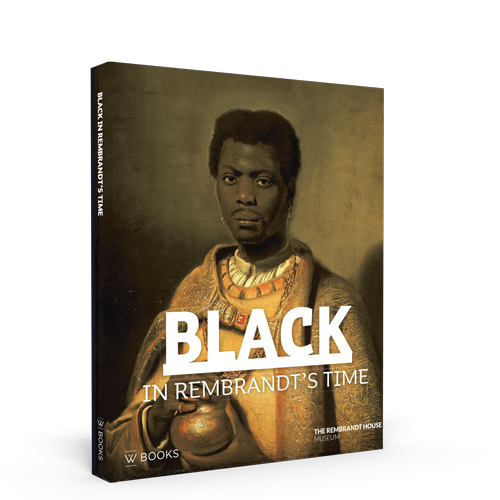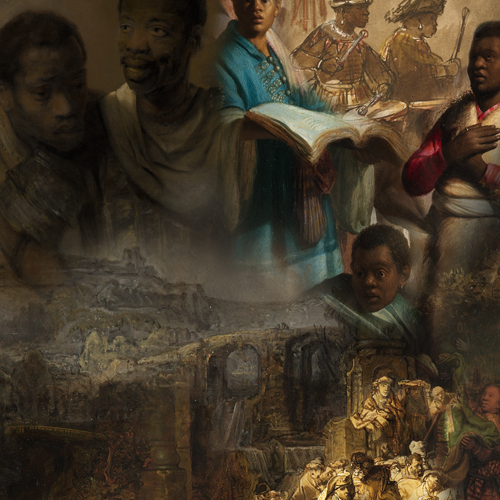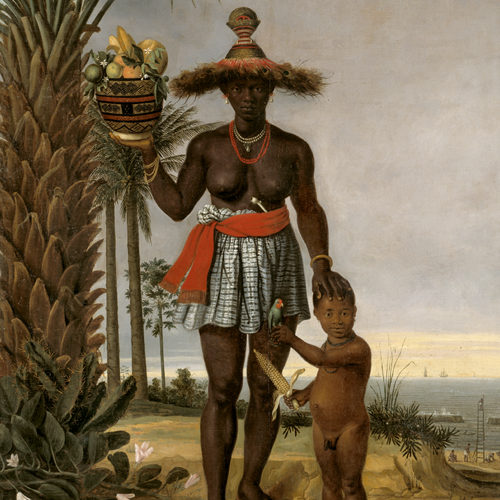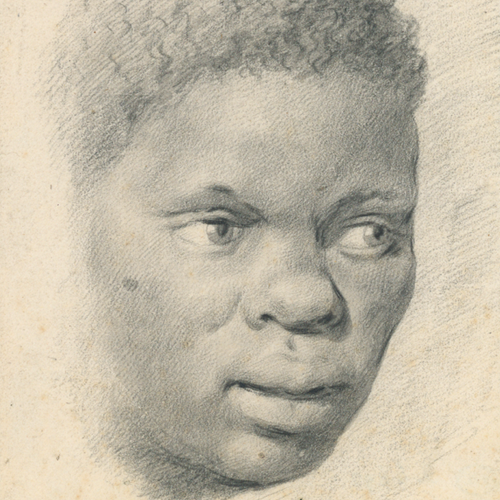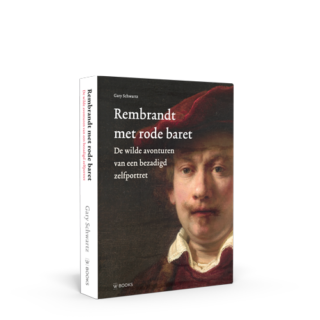Black people were present in seventeenth-century Holland, both in society and in art. This subject has long remained in the shadows, but wrongly so. Rembrandt and many of his contemporaries made magnificent works of art that depict black people. Those works have been collected in this book.
The biggest surprise: the later stereotypes of black people had not yet become dominant. Painters portrayed individual black models from life, with all their personal characteristics. Furthermore, black people were not always secondary figures in minor roles, but sometimes formed the main subject of the art work.
This book explores the conditions that gave rise to these remarkable works of art and the reasons the public image of black people changed from about 1660 onwards. It tells the stories of artists who aimed to capture the visual world, the impact of transatlantic slavery, and a small community of free black people in Amsterdam’s Jodenbreestraat.
